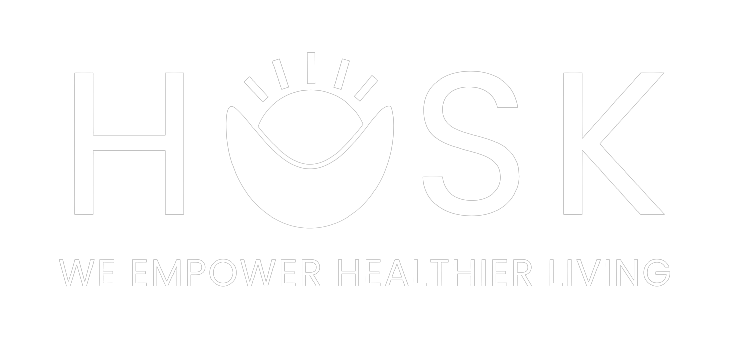
Napping: Helpful or Harmful?
Nap breaks are becoming a popular topic among HR departments lately. Even Willis Towers Watson is reporting on the importance of “sleep-friendly policies”. If we expect employees to be productive and present, we can’t also expect them to work 50-60 hour weeks without a break to recharge. With the stressors of working a full day combined with home and family obligations, something has to give- and the first thing we typically sacrifice is a good night’s sleep.
Naps are Not Inherently Good or Bad
The type of nap we’re referring to is the Power Nap- a 10-30 minute refresher you can sneak in at the office that quiets your brain for a bit without falling into deep sleep or REM (which could leave you disoriented, groggy or grumpy upon waking). Instead of viewing power naps as helpful or harmful, we need to look at WHEN they help versus when they are problematic.
When to Go For It
- You missed some serious sleep last night- If you stayed up too late seeing your favorite band, catching up with friends, or bingeing that new Netflix series that your co-worker can’t stop raving about, a quick snooze can help restore you.
- Calorie coma after lunch- Did you have a really big meal for lunch or maybe an over-abundance of carbs? Your body processing food can result in a drop in blood sugar, making you sleepy. Get some quick Zzzs in to charge back up.
- Stress reliever- When the weight of the day is weighing you down you may feel tired, develop a headache, or become irritable. Getting some quick shuteye can help alleviate these symptoms.
Not a Great Idea
- It’s late in the day- If you’re approaching the late afternoon, try to power through the rest of your day. Napping too long or too late can drain your sleepiness reserve (this is not a scientific term), making it difficult to fall asleep at bedtime.
- You suffer from a sleep disorder- If you have insomnia or sleep apnea, cat naps aren’t going to be helpful. It may seem logical to take a nap if you don’t get quality sleep at night, but this can do more harm than good. See your doctor for treatments and your daytime fatigue should subside in time.
- You’re Diabetic or Pre-Diabetic- It’s a vicious cycle: obesity can lead to sleep apnea, which left untreated can create conditions that lead to Type 2 Diabetes, which can cause interrupted sleep from chemical fluctuations, which can lead to false hunger signals from hormones, and we’re back at the beginning. Unfortunately studies show that lengthy naps may increase the risk of developing Diabetes.
- Unknown cause of the daytime drowsies- There are plenty of things that may be causing your fatigue, like your medications, mental health, or something undiagnosed. Instead of treating the symptoms, see your doctor to treat the cause.
There’s no definitive answer to whether napping during the day is good or bad. This generally depends on the individual person, time of day, and cause of fatigue. The one sure way it could be bad is if a boss or colleague finds you sleeping at work without their knowledge of it, so make sure to run your plan by your manager first!
Resources:
https://www.soundsleephealth.com/blog/the-pros-and-cons-of-napping
https://www.headspace.com/sleep/power-nap
